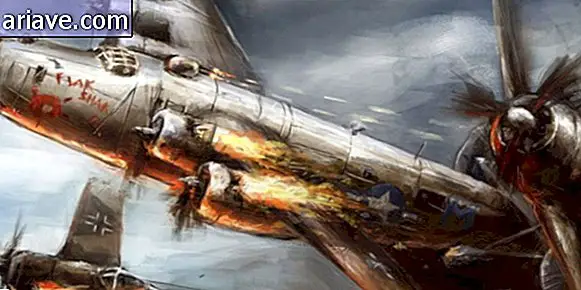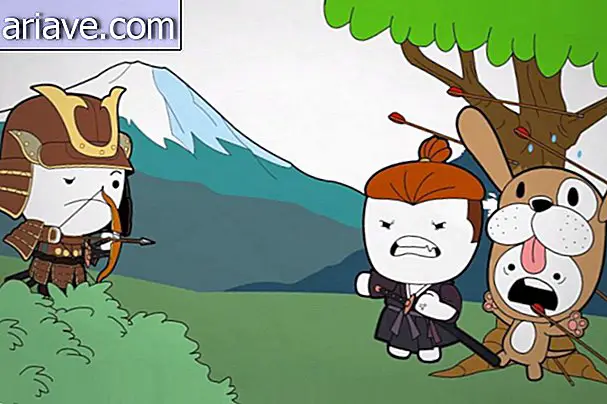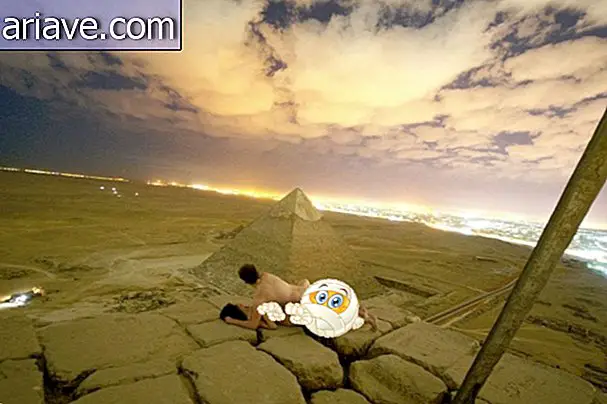Scientists discover ultimate strategy for winning in jokenpo
The game of rock, paper and scissors, also known as jokenpô, is a child's play that basically works with luck. After all, each person who participates in it uses one of the three symbols at random to defeat the opponent, right? At least that is what common sense says. But it's nothing like that!
In China, a team of researchers brought together 360 students to try to unravel one of humanity's greatest mysteries: How do people often play rock, paper and scissors? And what is the best strategy to win? According to research, player behavior has been found to follow a predictable pattern. Like this:
The person begins by choosing one of the variables (rock, paper or scissors) randomly, about a third of the time. So far so good, there are no secrets. But the real match starts in the second round.
- If the player wins, he will keep the same play, that is, will choose the same symbol;
- If the player loses, he will usually change the direction of the actions in a "clockwise" direction: stone becomes paper, paper changes to scissors, and scissors switches to stone.

The foolproof strategy
It's simple, but maybe a little hard to understand. How about an example? Let's say you're playing a "best of three" with your brother or a friend from school.
- Round 1 : Your brother chooses paper, you stone. He wins.
- Round 2 : Your brother chooses paper, you switch to paper. You tie.
- Round 3 : Your brother chooses scissors, you change to scissors. Then another draw and you lose the round.

However, using the odds discovered by Zhejiang University, you could change your strategy and proceed as follows:
- Round 1 : Your brother chooses paper, you go stone. He wins.
- Round 2 : Your brother chooses paper, you switch to scissors. You win.
- Round 3 : Your brother switches to scissors, you change to stone. Soon you win again
Basically, that's it. If you know how the other person will play in the next round, it's easy to counterattack and get the win. But what if the opponent also knows this strategy? What if he tries to guess his next move? So you, knowing that he knows, try to predict the next move? Hence he, knowing that you know that he knows ...
It's not that hard to win
In fact, the prediction system is quite simple. No one will choose to try to win every time by choosing the same gesture on paper. Instead, Graham Walker, managing director of the World Rock Paper Scissor Society, says that people who play Rock, Paper, Scissors like to think they are being random. But they are not.
Everyone hates being predictable and the hallmark of predictability is choosing the same gesture three times in a row.

When you are playing with someone who is not used to playing rock, paper and scissors, be aware of doubles, ie choose the same gesture twice. When this happens, you easily eliminate a move and guarantee yourself at least one draw in the next round. So when you see a two-scissor move in a row, you will know that the next move must be rock or paper, so paper is your best choice.
However, Chinese researchers were not just trying to figure out a strategy for a school game. They were using jokenpo as a way to study human behavior when making decisions during a "non-cooperative strategic interaction."
The aim was to unravel which of the two strategic modes was most adopted by players: the truly random style or the alternate play always based on the opposing response. Apparently, won the second option.











